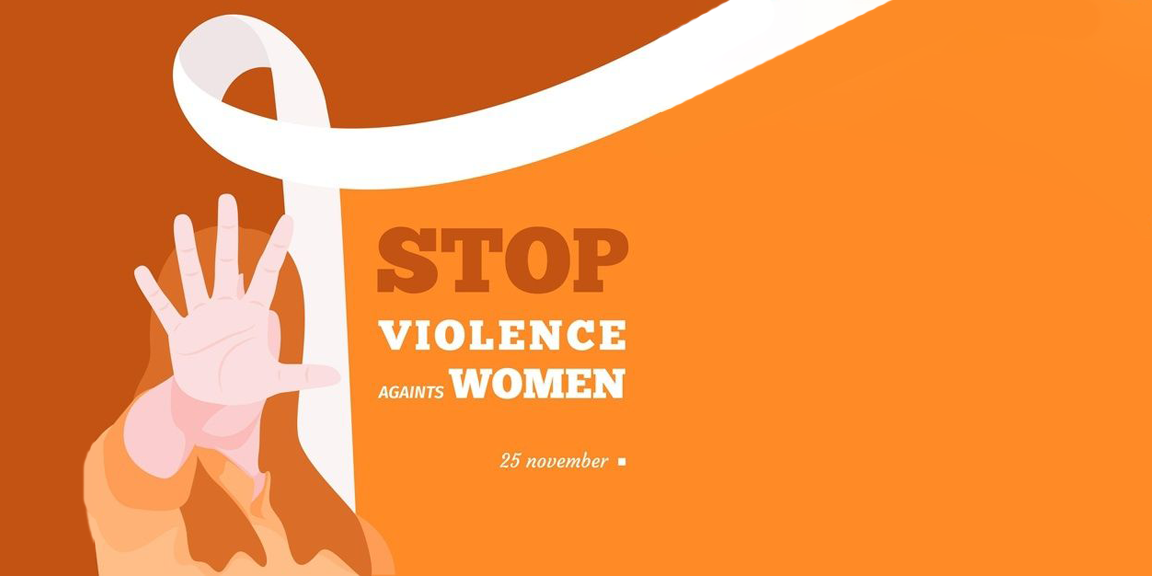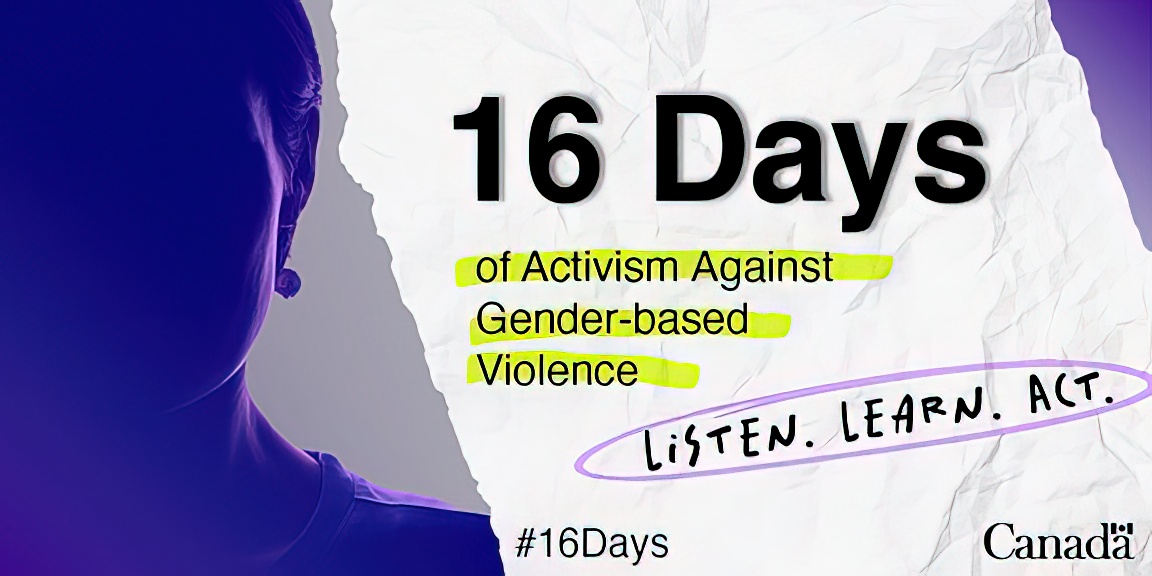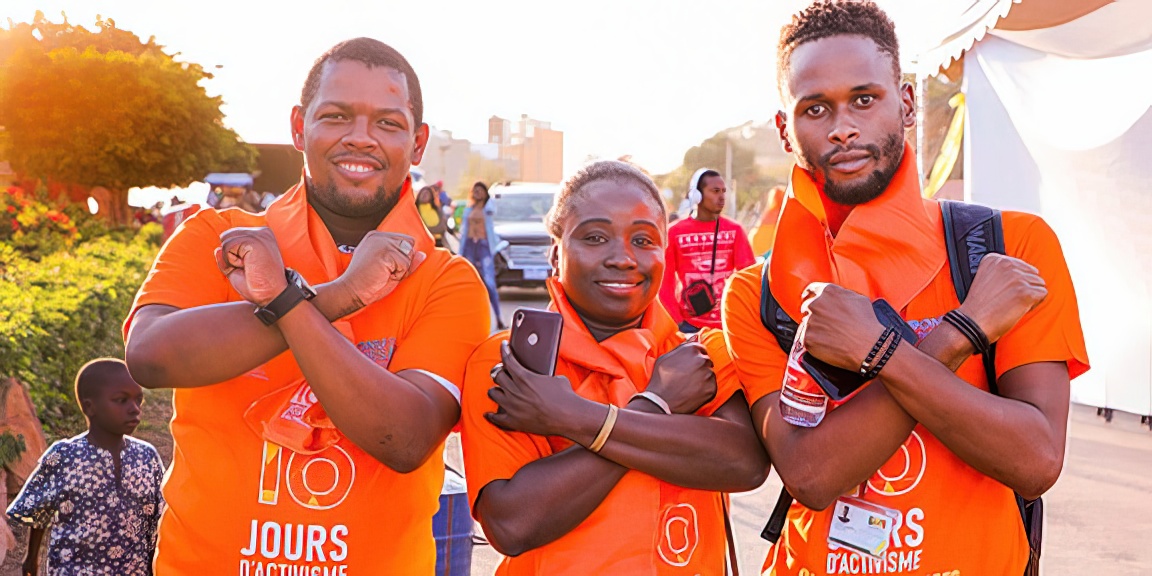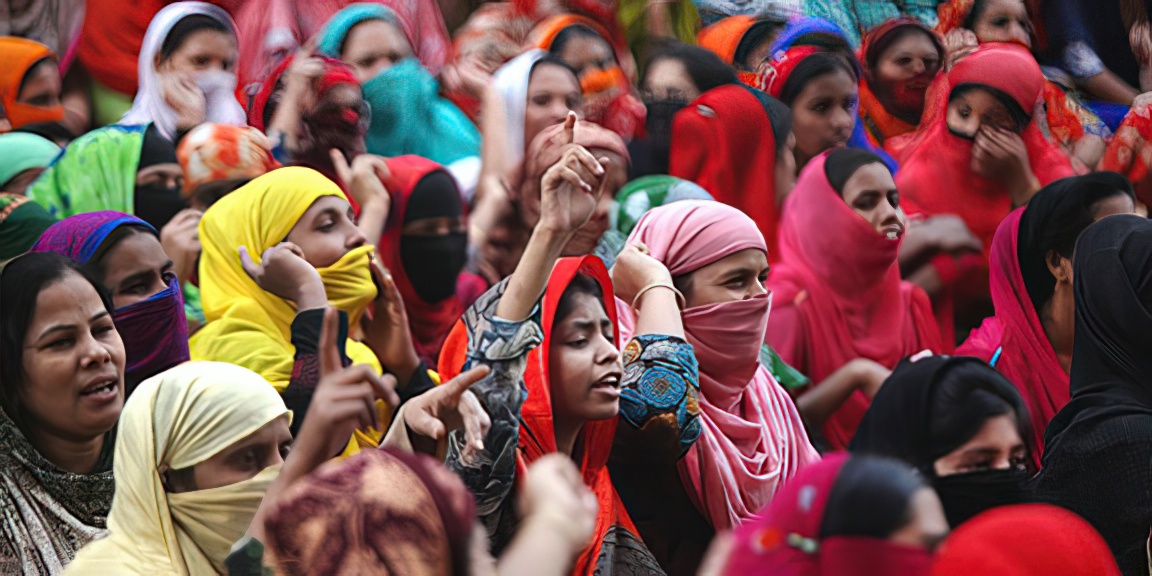The reader’s first response may well be, “Well, what is wrong with describing GBV as a women’s issue? The victims must be helped! We must focus on them to remove them from unsafe situations and provide them with safety.” This cannot be denied. However, the problem is that this view puts the focus, and hence the effort, on the victims, and not on the perpetrators and source of the violence. The vast majority of us focus on the consequences of male violence rather than on why those acts occurred to begin with. We do not ask why so many men across all social and economic levels express themselves in controlling, violent ways in their interactions with women. We do not ask why it continues to be a problem in our society, in spite of decades of work attempting to eradicate this violence. We do not ask what it is about our individual and societal attitudes and behaviours that lead to male violence as a method of dealing with problems in relationships. We do not ask what can be done to prevent violent behaviour from occurring.
And because we do not ask, we do little to seek out and address those aspects of our thinking and behaviour that contribute to perpetuating the violence.
That is the vast majority of us. Thankfully, some persons have asked those difficult questions and developed some possible answers and approaches. A critical one is to examine why men are violent toward women; one answer is “toxic masculinity”. This term refers to the stereotyping of men as dominating, controlling, aggressive, and entitled, and which can lead to violence and harm to society.
Built within a patriarchal system, our culture has either emphasized or assumed the superiority of masculinity over femininity and the authority of men over women. For far too long, masculinity has been defined by strength, power and control. Boys have learned not to cry. They have been told to be tough, strong and to suppress their emotions, and as a result, they have become men in whom these teachings are deeply ingrained. And this is true across all sectors of our society whether the context is economic, political, or religious. We need not look far to illustrate the point that patriarchy is alive and well. In terms of power, in 2015, the fact that Canada’s newly elected government had selected a cabinet exhibiting gender parity was so impressive and unusual that it made international news.
Masculine toxicity damages all of us. If we are to move forward and truly work on eliminating gender based violence, we must change how we view masculinity and femininity, and how we view gender. Boys should be allowed to act in ways that allow them to be their true selves: to cry, or be afraid or gentle or timid or sad, rather than to be placed in a stereotypical straitjacket regarding emotion. We must help society as a whole, and men and boys in particular, to meaningfully address this issue and thus lower the societal and individual costs that gender-based violence has made us all pay.
Not only can we not be the best persons we are capable of being, but we must fight ourselves internally, if we are obliged to conform to rigid views of what others think we should be. This does not make for a healthy individual or for a healthy societal environment.
Meaningful action needn’t be onerous. With the UN initiative of 16 Days of Activism against Gender Based Violence almost upon us again (November 25-December 10), let’s vow to take some steps individually to contribute to ending the violence. Anyone can start, first by recognizing that some of our views around gender are based on a false belief of what it means to be a man. This can include reading up on toxic masculinity. With recognition will come action. Action can and should include men stepping up and leading their sons and peers in healthy masculinity. This can and should include challenging misogynist remarks or those denigrating women. It can and should include trying to get abusive men to seek help in overcoming the violence. With men stepping up in these proactive ways, they can lead their sons and peers in creating a violence-free world. Now is the time to end the violence.
Bev Weidman and Donna Tomljanovic on behalf of CFUW Vernon







